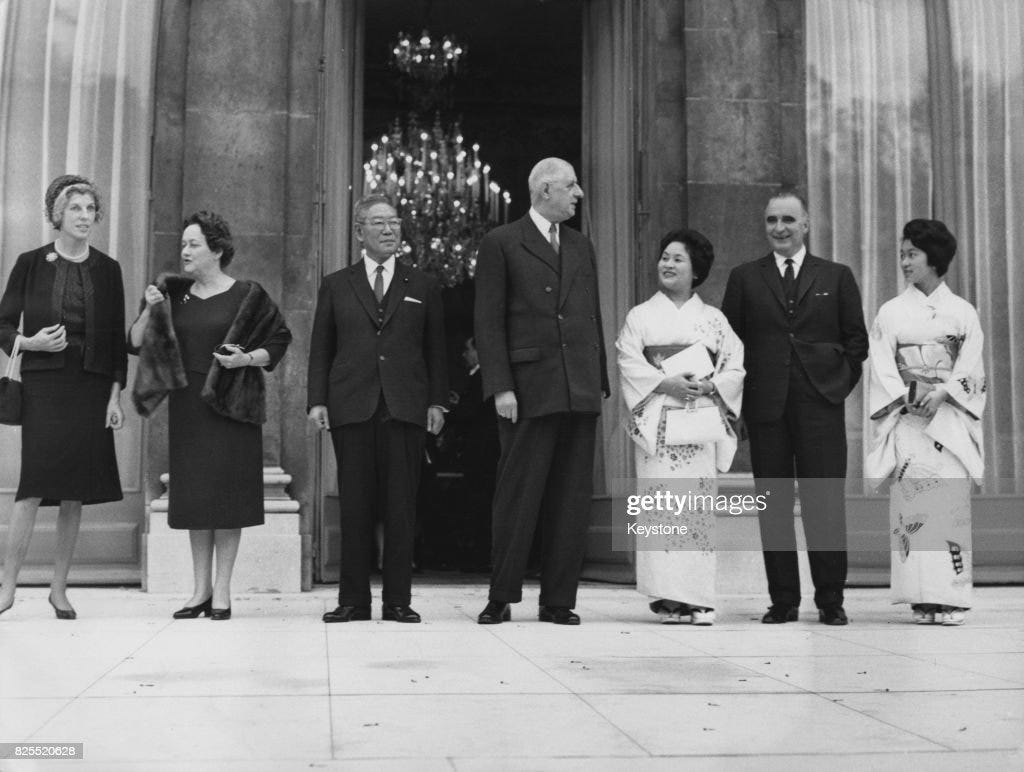A civilization built on Silicon.
Book Review of Chip War by Chris Miller. (Light Spoilers)

Hello everyone! It’s been a while. I initially thought I’d get back into the swing of things by writing a past year in review. Then I looked back at 2022, realized the sheer density of that particular year, and said “yeah, maybe I’ll pass on that one”.
That said, I’d been reading again and in my exploratory reading I’d stumbled upon a gem I’d like to share with you all.
The Gem.
Chip War by Chris Miller is probably the most succinct and up-to-date account of the history of the semiconductor industry and its outsized impact on the world.
The account starts by going through the many lives that while distant in their locations, aspirations, and circumstances, eventually intertwine to help build the semiconductor industry that is today.
We’re led through the unpleasant but brilliant William Shockley who breaks ground on transistors around the same time Jack Kilby breaks ground on the first integrated circuit. Shockley goes on to create Shockley Semiconductor housing several competent engineers and scientists. Eight of these brilliant engineers and scientists (The traitorous eight) including Bob Noyce and Gordon Moore(Moore’s law guy) would go on to create Fairchild Semiconductor after finding their old boss unbearable.
This would be the birth of Silicon Valley.
These dramatic beginnings would find us weaving through stories of migration with Morris Chang(founder of TSMC), major wars, and stories of economic and technological development in formerly developing countries.
The account then ends in our present, where the US has to deal with an insurgent China. Hellbent on not only acquiring a large part of the industry the US has come to define and rely on, China also plans on making said industry its own.
The writing.
Chris Miller writes what is by all means a historical telling in the tone of a geopolitical/strategic thriller. Crucial interactions between important players highlight geopolitical turning points in which the use or innovation of semiconductors seemingly upends an existing world order.
Take, for example, Hayato Ikeda’s visitation of Charles de Gaulle. Charles saw in Hayato a mere semiconductor salesperson. The French like most of Europe ignored the rise of semiconductors to its detriment. Japan, on the other hand, would in a few years from then go on to be a worthy economic rival to the US through its focus on the manufacture of semiconductors.
These interactions are cleverly kneaded with larger shifts to vividly display the importance of semiconductors in causing them.
The Context.
I’d initially come to be interested in semiconductors like many due to the supply chain issues elucidated by the pandemic. Sure I’ve taken a Computer Architecture course like most who’ve pursued Computer Science. That said, sometimes you need a broader outlook.
Like most, I believed the issue to be a disruption in the supply chain of vital semiconductors and as such sought a narrative that might expound on that view. The book corrects the narrative that had taken hold: Sure there may have been some logistical hurdles. That said, the real issue was that companies misjudged demand as the pandemic dawned and canceled orders.
Not the answer I was looking for but one I needed.
The Questions.
After I’d been done reading, Biden’s sanctions on China’s semiconductor industry for example while initially seeming harsh, looked like regular US play to solidify technological supremacy. A simple matter of history repeating.
I also couldn’t help but ask several questions. For one, are Japan and South Korea’s ascent through semiconductor manufacturing reproducible in Africa?
The continent is steadily lagging behind the rest of the world on metrics of growth and development. It’s been struggling to industrialize. Could a push toward semiconductor manufacturing help the continent pull through?
If so, what sort of chips would the continent manage to produce? Prior economic development on the grounds of semiconductors required the manufacture of fairly cutting-edge chips at significantly cheaper costs. Back then that meant Asian countries heavily competing in DRAM manufacture. A lot of these pursuits were subsidized by the respective governments of the Asian countries that would become quintessential to the semiconductor supply chain.
Would that mean that the countries in the continent(Africa) would have to learn the assembly or large-scale production of GPUs/TPUs for example? Heck, could they even pull it off?
Furthermore, China currently seems most apt to not only replicate the past success of its Asian counterparts. In so doing how would it sidestep the failings of Japan, which at one point was in the very economic position China finds itself in today?
When all is said and done Chip War left an indelible mark on my mind and solidified my preexisting belief that hardware and more specifically computing infrastructure is the way we make progress as a civilization. The rise of B2B Saas and the consumer internet sure may have upended the way we interact with our computers, but it is better computing infrastructure and the manufacture of said computing infrastructure that has built and sustained nations. I recommend this book to anyone remotely interested in the most consequential industry of our time.



